Sinkhole Repair
Sinkholes can appear suddenly, but the signs are often visible well before collapse. For over 20 years, Helicon has been Florida’s premier sinkhole repair specialist, having completed thousands of residential and commercial projects statewide. Our proven repair methods restore safety, value, and long-term stability to your property.
Request Free Inspection:
Florida Sinkhole Warning Signs
Early detection is key. If you notice any of these warning signs around your home or property, your soil may be unstable—possibly due to a developing sinkhole:
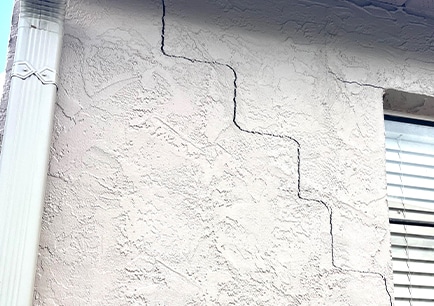
Cracks in Foundation or Walls
Horizontal or stair-step cracks on interior or exterior walls may signal movement or loss of ground support beneath the foundation.
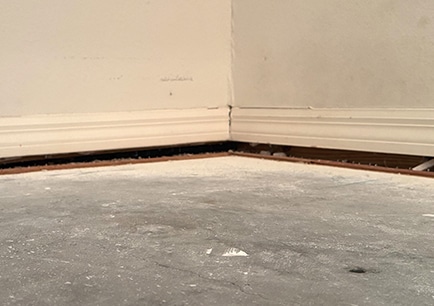
Uneven or Sinking Floors
A shifting foundation often causes floors to become sloped, spongy, or visibly sunken in certain areas.
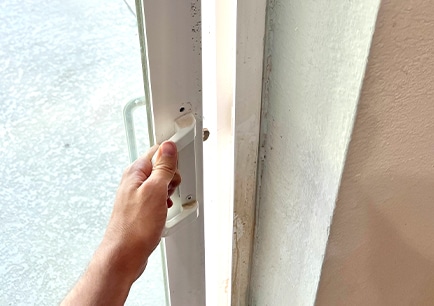
Sticking Doors & Windows
If doors or windows suddenly begin to jam or won’t close properly, the building frame may be shifting due to soil movement.
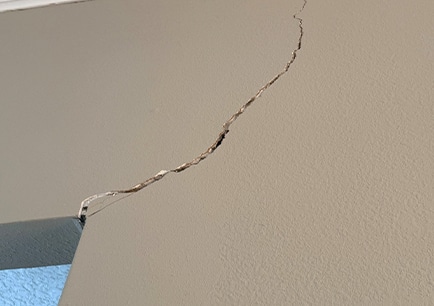
Drywall Cracks or Ceiling Gaps
Cracks along drywall seams, or separations between walls and ceilings, can indicate settlement beneath the structure.
Tilting Fences or Exterior Walls
Leaning fences or buckling exterior walls are signs of uneven ground movement that may be linked to underground voids.
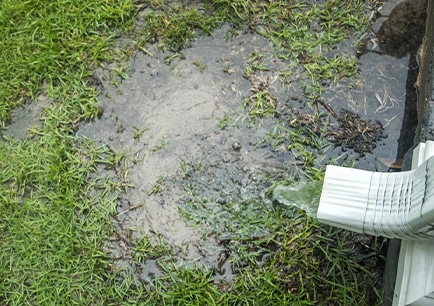
Pooling Water or Sudden Depressions
Surface water that collects in new low spots—or sudden, unexplained holes in your yard—can point to subsurface soil collapse.
Foundation RepairSince 2004!
Sinkhole Repair Solutions from Helicon
We offer engineered solutions to permanently stabilize sinkholes and restore the integrity of your foundation. Each repair strategy is customized for your site conditions, soil composition, and property type and backed by decades of experience and robust warranties.
Compaction Grouting
We inject a thick, high-strength grout mixture into underground voids. As the material is pumped under pressure it forms a bulb. The bulb grows outward, pushing the surrounding soils away, fillings gaps, densifying the soil and stabilizing the ground to prevent further movement or collapse.
Chemical Grouting
Ideal for finer soils, this process uses expansive, water-reactive chemical grout to bind loose particles and strengthen weak areas—ensuring soil won’t shift or erode beneath the structure.
Permeation Grouting
Low-viscosity polyurethane is injected to permeate and solidify porous soils. This creates a dense, durable soil matrix that resists washout and reinforces load-bearing capacity.
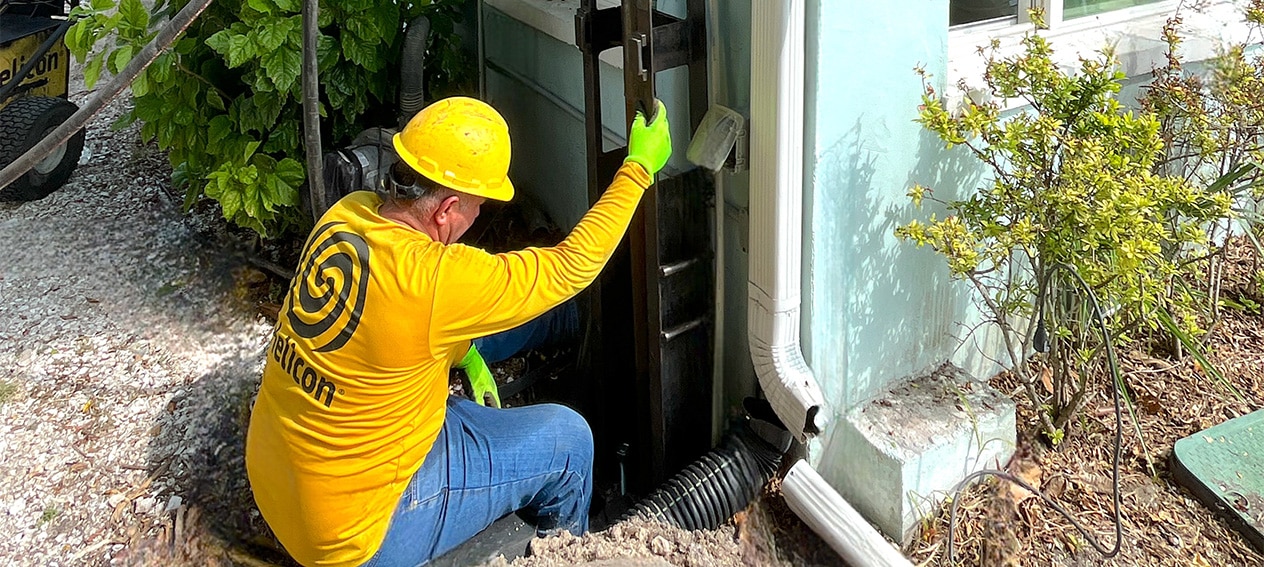
Underpinning
To provide permanent structural support, we install deep foundation elements (such as drilled-in piers or push piers) that transfer the weight of your home or building to stable load-bearing strata below the compromised soil.
What Causes Sinkholes in Florida?
Florida is especially prone to sinkholes due to its geologic makeup and environmental factors. Here’s what typically triggers them:
- Limestone Bedrock – Much of Florida sits on a foundation of soft limestone that slowly dissolves over time from exposure to acidic rainwater, creating underground cavities that can eventually collapse.
- Fluctuating Water Tables – Periods of drought can reduce groundwater support, while heavy rains or flooding can overload weakened areas—both of which contribute to sinkhole formation.
- Human Activity – Construction, well drilling, mining, and excessive groundwater pumping all disrupt the underground balance. Lowered water tables and added surface pressure increase sinkhole risk.
- Natural Erosion – In addition to chemical erosion, flowing underground water can physically remove support materials—causing voids to grow larger until they suddenly collapse.
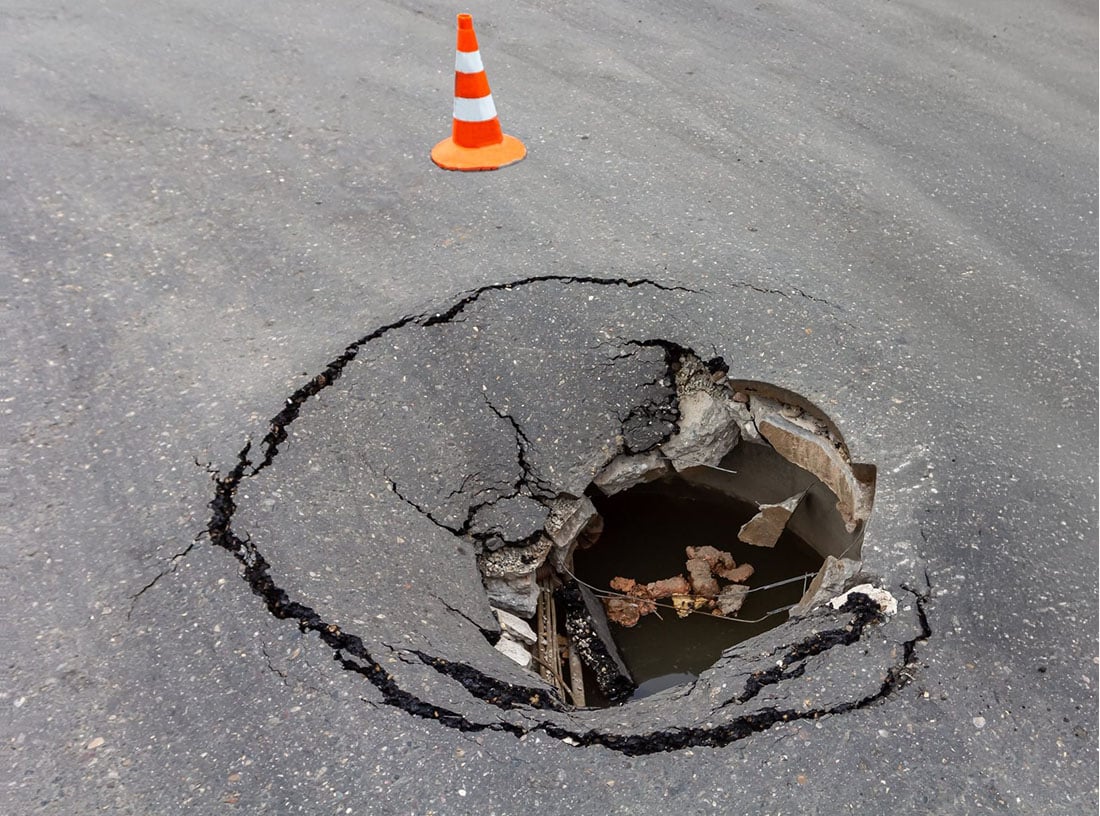
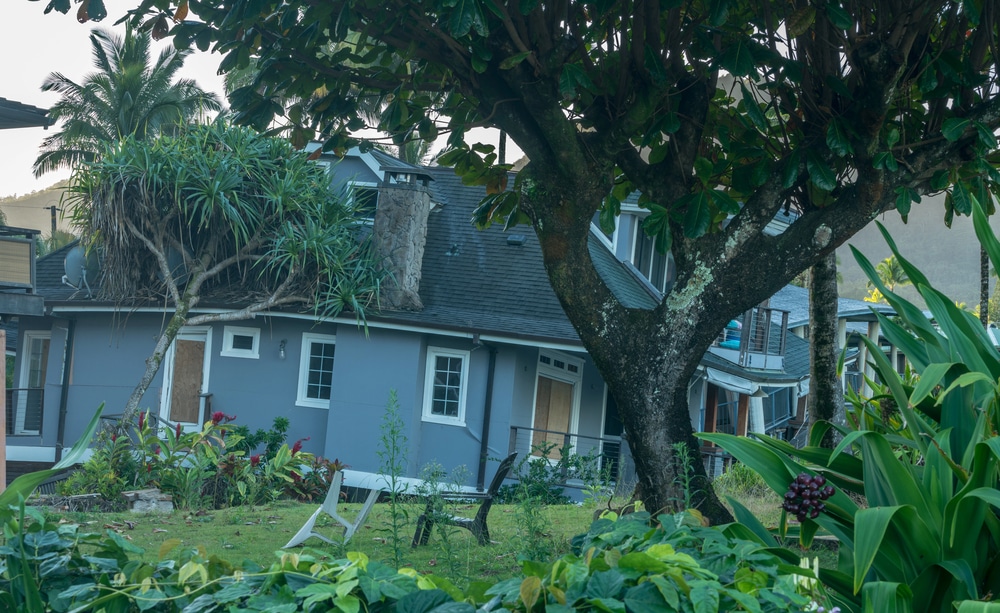
Why You Should Address Sinkholes in Florida Immediately
Sinkholes pose significant risks to both your property and safety. If left untreated, they can cause major damage to your home, garage, or even vehicles. Additionally, sinkholes can lead to foundation issues, decreasing your property’s value. It’s crucial to address sinkholes as soon as they’re detected to avoid further harm.
Where Sinkholes Happen in Florida
Sinkholes can occur anywhere in the state, but some areas are more prone than others due to underlying geology and groundwater conditions. Click the button below to view our Florida sinkhole map, which highlights regions across Florida with higher sinkhole activity, helping homeowners and property managers better understand their risk.
Request Your Free Inspection
Our Florida-based foundation experts will assess your home, identify any issues, and provide honest recommendations—at no cost and with no pressure to commit.
FREE INSPECTION REQUEST
Sinkhole Repair FAQ
What are signs of a possible sinkhole?
How do I know if I have a sinkhole?
What causes sinkholes to form?
Florida is primarily underlain by karst terrain, which includes sinkholes, caves, and springs. While not all sinkholes cause immediate damage, they can be a significant issue when they affect infrastructure. The state’s geology contains many cavities, but few collapses to cause real-world problems. There are different types of sinkholes in Florida, including solution sinkholes, cover-subsidence sinkholes, and cover-collapse sinkholes, which occur depending on the thickness of surface sediments.


